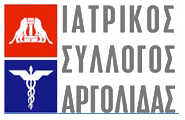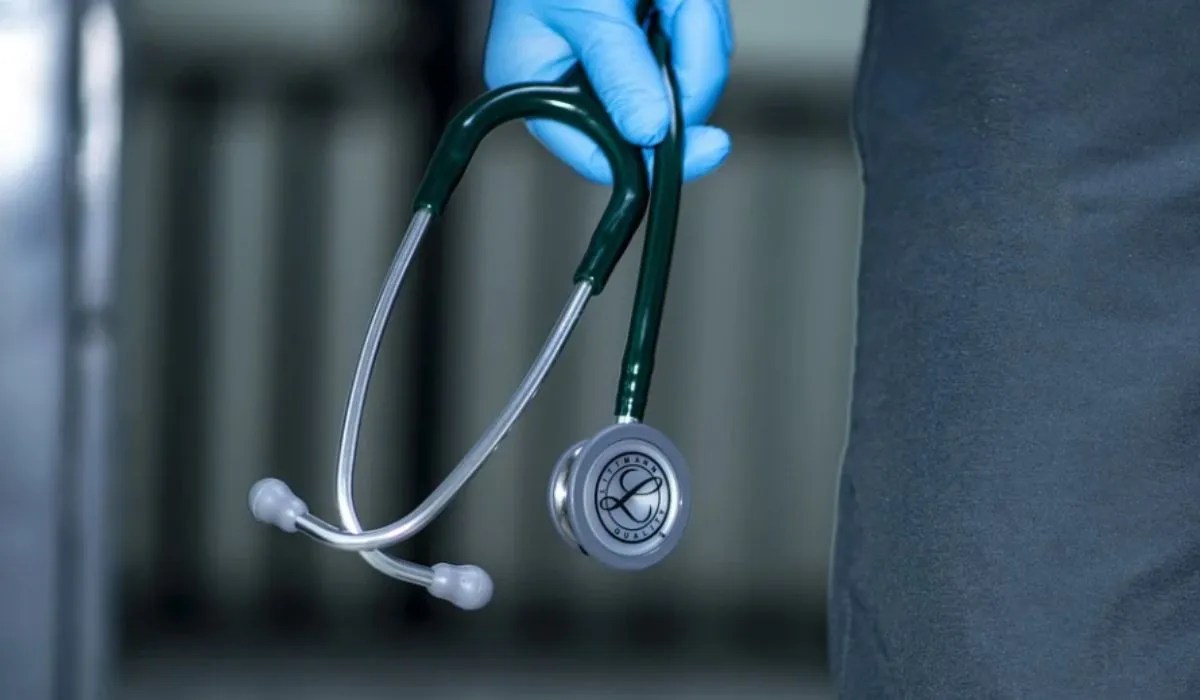FDA Sticks to Current COVID-19 Vaccine Schedules Amid Debates
FDA officials on Monday cautioned against altering the two-dose schedules for the two authorized COVID-19 vaccines. To reach more people faster, some have suggested stretching the time between the first and second doses, giving single doses, or giving two half doses.
“At this time, suggesting changes to the FDA-authorized dosing or schedules of these vaccines is premature and not rooted solidly in the available evidence,” Dr. Stephen Hahn, FDA commissioner, and Dr. Peter Marks, director of the FDA’s Center for Biologics Evaluation and Research, said in a statement. “Without appropriate data supporting such changes in vaccine administration, we run a significant risk of placing public health at risk.”
They noted that people might wrongly assume they are fully protected and might take risks they would not otherwise take.
On Tuesday, three articles in favor of an altered vaccine schedule were published in the Annals of Internal Medicine. The first study found that depending on the duration of protection provided, a single-dose vaccine that has 55% effectiveness could provide a greater population benefit than a two-dose regimen that’s 95% effective.
A second study compared the current fixed allocation strategy, in which 50% of vaccines are held back for second doses, with a flexible strategy that focuses on vaccinating more people initially. For the flexible strategy, 10% of the vaccine supply is reserved for second doses in the initial 3 weeks, 90% is held back in each of the following 3 weeks, and 50% is held back for the remaining period. Over 8 weeks, the authors calculate that an additional 23% to 32% of cases could be averted with a flexible rather than a fixed strategy.
In an accompanying Ideas & Opinions piece, authors propose several reasons why single-dose vaccination makes sense without long-term efficacy data, including accelerating pandemic control and the ethics of administering the first dose to more people.
An editorialist concludes: “For now, the priority should be to grow the evidence base by pursuing clinical testing and observational studies to determine whether a single dose or a delayed second dose of the current vaccines will generate immunity similar to that of the FDA-authorized 2-dose regimen.”
Annals of Internal Medicine letter on speed vs. efficacy
Annals of Internal Medicine letter on alternative dose allocation strategies
Annals of Internal Medicine Ideas and Opinions piece on pros and cons of 1 vs. 2 doses
Annals of Internal Medicine editorial










